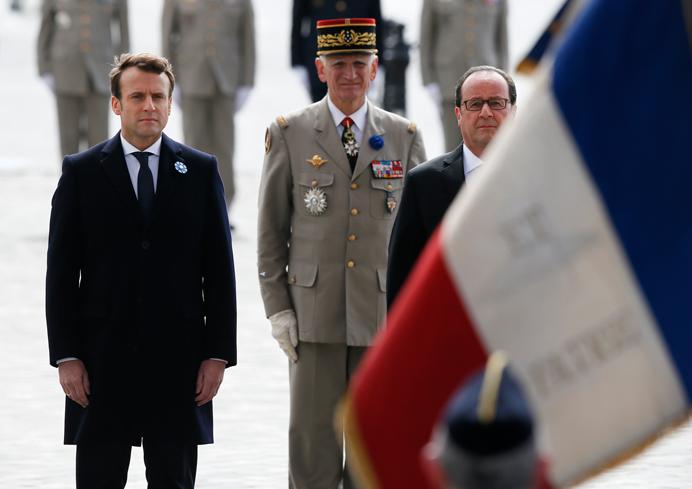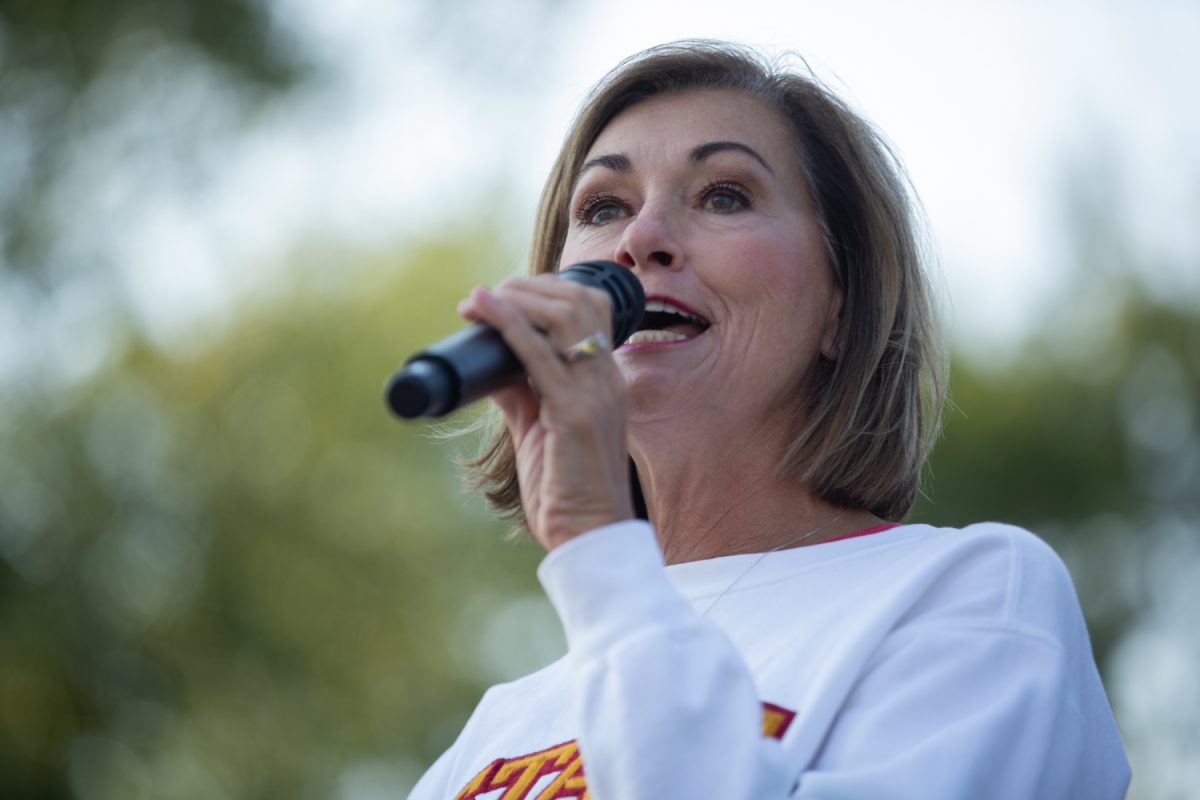Stephen Schrichfield
The premise of the 2017 French presidential runoff election was all too familiar. Emmanuel Macron stood as the centrist, pro-European Union, and, in all accounts, globalist candidate. Upon first glance Macron’s opponent shares many views with our Cheeto-skinned, golfing extraordinaire president. Marine Le Pen is an anti-immigration nationalist who uses populist rhetoric to appeal to those fed up with the establishment. This was the 2016 U.S. presidential election all over again, but fortunately, on Sunday, French voters elected the level-headed Macron.
Le Pen’s loss is a major blow to the anti-globalism wave that has been spreading since last summer’s UK referendum to leave the European Union.
According to BBC, Le Pen ran on all aspects of the nationalism trend. Putting her country first, claiming to be the law-and-order candidate, and a hard line on immigration. Echoing President Trump, Le Pen has linked immigration to terrorism, preying on the anxieties of voters after recent attacks. During her candidacy, she made the lofty promise of conducting an EU referendum within six months if elected president.
A common distinction between Trump and Le Pen is political competence. CNN reports Le Pen gained notable experience during her long career with the National Front. She undoubtedly has a strong understanding of the French government and presidential powers, which unfortunately cannot be said of our current president and our country. The same source states Le Pen has spent years trying to change the anti-Semitic and ultimately racist image of her party. Her father, Jean-Marie Le Pen, is known for creating the party and leading a career full of anti-Semitism, such as claiming Nazi gas chambers “a detail of history.” In recent years, the younger Le Pen has distanced herself from her father and eradicated those in party leadership who hold its past hateful views.
Her loss is much larger than her candidacy; it stands for a rejection of nationalism. The French voters chose to refuse a narrow worldview of their nation and instead embrace a global, diverse, and leading France. Many nations in the EU stand divided upon their next move after the UK’s Brexit referendum. France now has the opportunity to set an agenda that promotes a worldview that possesses the potential to inspire similarly divided nations.
While this is a victory for globalism, many of the issues Le Pen underscored will not simply vanish. France must create strategies to include those who are disenfranchised back into its society. The same can be said for America and modern nations all around the world. I support globalism and a strong world economy, but we must monitor those who are powerless and feel as if they have no voice. A continually evolving world calls for a constantly evolving economy. To quiet a sometimes dangerous nationalistic rhetoric, nations must take in legitimate concerns of those who feel they are forgotten in society and look for new ways to integrate them into a larger global view.










